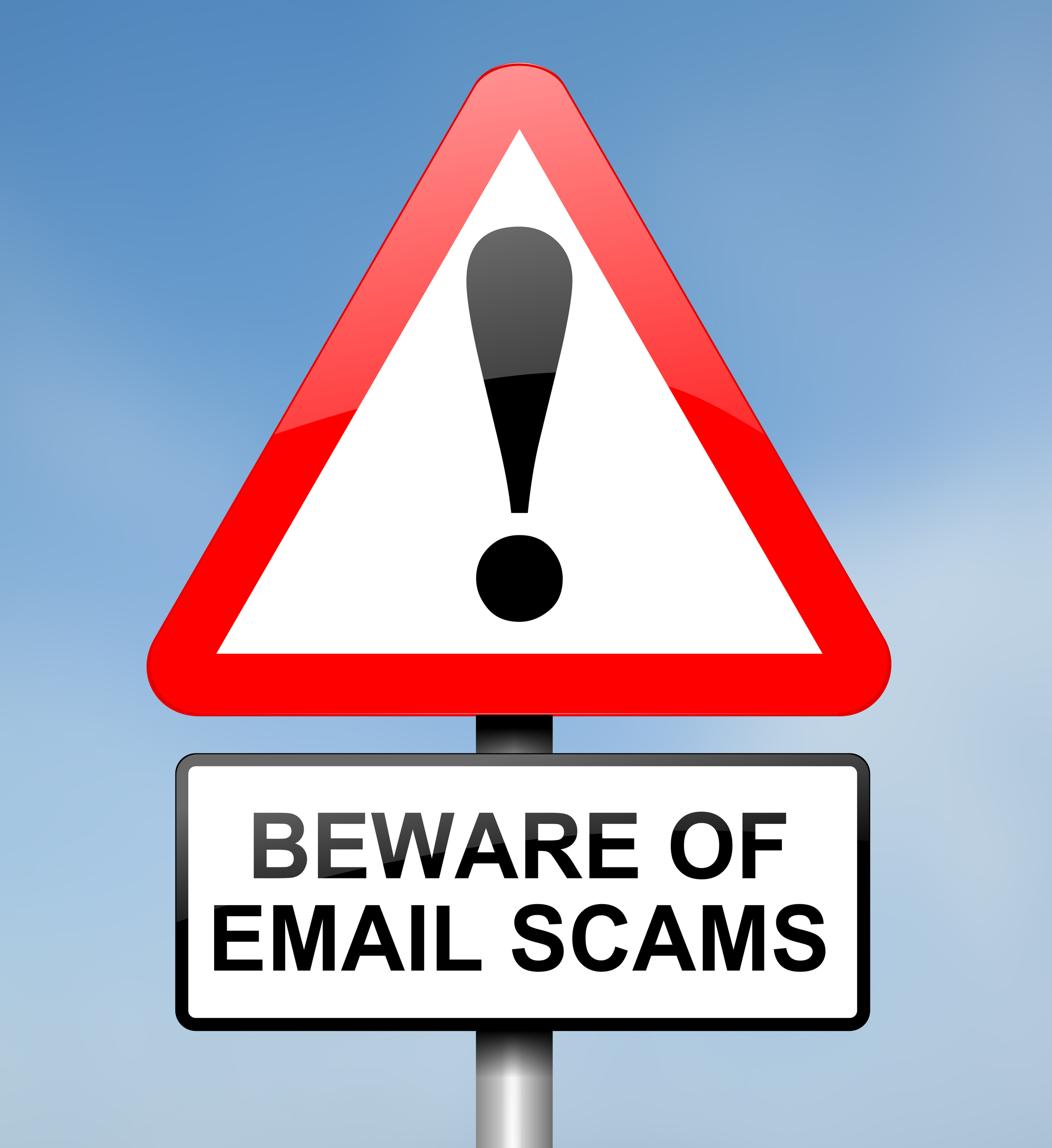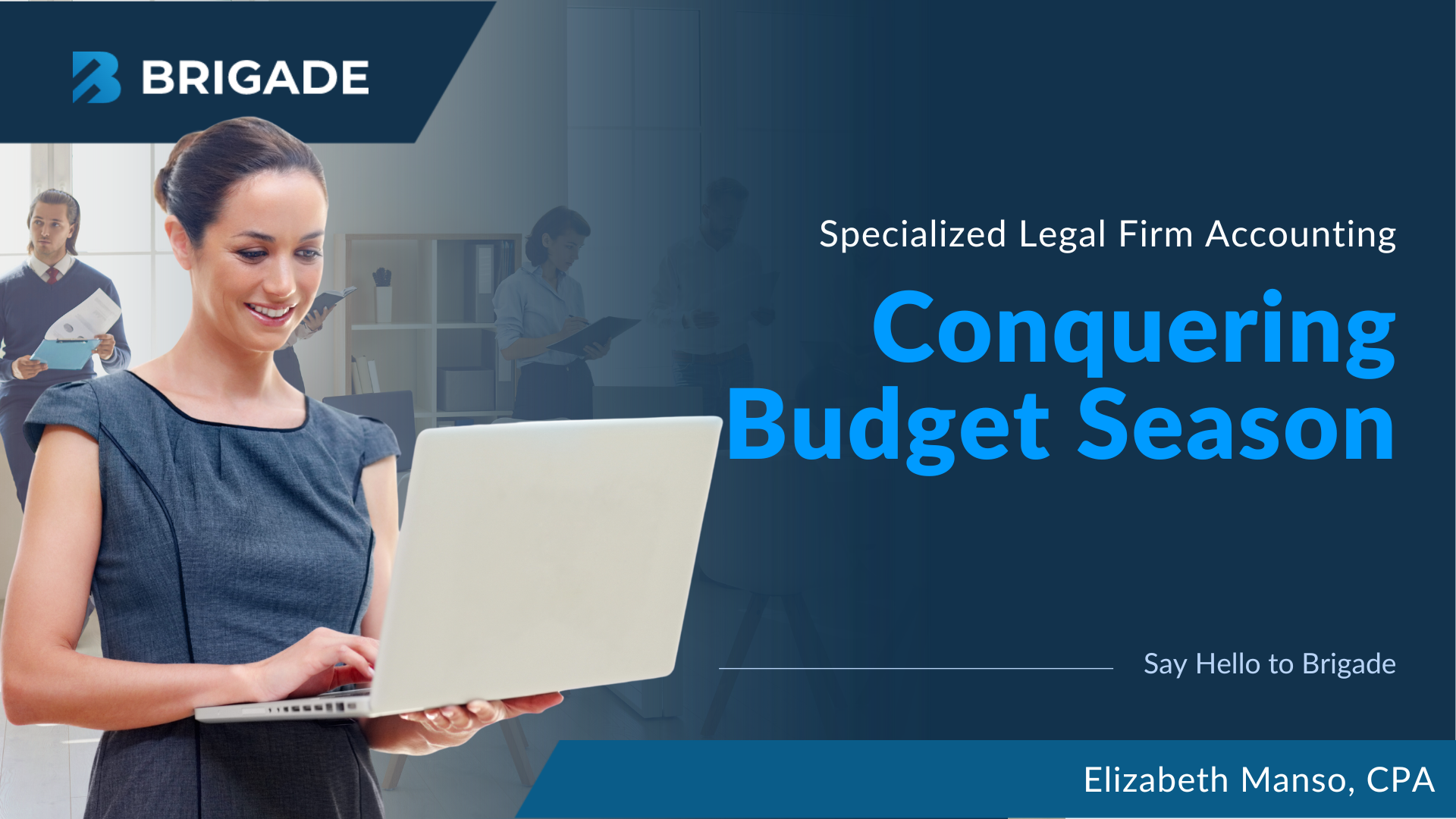
We hear about it all the time on the news, people being taken by scam artists with a fake letter from Nigeria or a phone call from a friendly voice saying they want to give you money. Well now, there’s a new scam you should know about and it looks pretty legit because it’s allegedly from the Internal Revenue Service and about your taxes.
When it comes to taxes, most people either just do or pay what the IRS says, ignore the notice or turn over the information to their bookkeeper, accountant or lawyer. The IRS is warning tax professionals and taxpayers about a new scam involving fake CP2000 notices, billing them for unpaid taxes related to the Affordable Care Act.
Here’s how it works: victims says scammers are sending fraudulent CP2000 notices for tax year 2015 via email with what appears to be a real CP2000 attachment. The email claims that if a taxpayer, who reports income from a third-party source, doesn’t match the income reported on a tax return, then the taxpayer must follow instructions and pay more taxes.
Sound confusing? Well, the bottom line is that the email asks those who owe to make a check out to the “I.R.S.,” then send it to the “Austin Processing Center,” mail it to a PO Box address, or make a payment at a link in the email. The IRS says the emails are fake and is warning taxpayers and tax professionals to avoid getting scammed.
In fact, the IRS has a certain procedure it follows when it reaches out to taxpayers. Here are some things you should look out for:
- AVOID EMAILS ASKING FOR PAYMENTS – The IRS says it does not initiate contact with taxpayers by email or through social media, so avoid making payments to the agency that are solicited via email. IRS payments are made out to the “United States Treasury,” not the “IRS” like in this scam. The IRS says taxpayers should NEVER follow a link in an email and make a payment there. A CP2000 notice is real, but it is never sent electronically. The IRS typically reaches out to taxpayers via a letter in the mail
- CHECK THE IRS WEBSITE – If you want to know if a CP2000 notice is real, check the IRS web page and search for “Understanding Your CP2000 Notice.” The page shows what a real CP2000 notice looks like. If you suspect you have received a fake email, the IRS says you should forward it to phishing@irs.gov and then delete it from your account.
- ALERT YOUR BOOKKEEPER/ACCOUNTANT – If you have any doubt about a notice or you suspect fraud, you should be sharing your concerns with your bookkeeper, accountant or tax attorney. And actually, your bookkeeper or accountant should be informing you about this potential scam and others out there that could make you a victim.
So be on the lookout for suspected fraud and if you have any doubt, make sure to reach out to a tax professional or your bookkeeper. If you have any questions and don’t have a professional to speak to, please don’t hesitate to email me or call my office. Brigade Bookkeeping is here for you!

